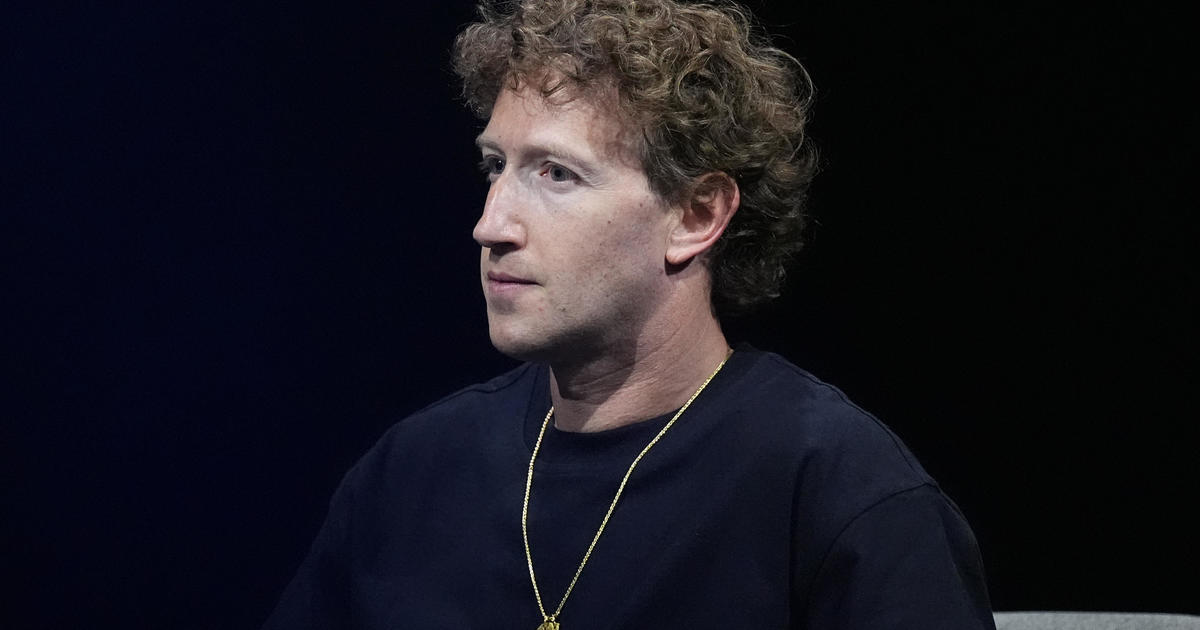Meta CEO Mark Zuckerberg recently made headlines when he expressed his dissatisfaction with the U.S. government’s pressure on his social media platforms to censor certain COVID-19 content in 2021. In a letter submitted to a congressional committee, Zuckerberg stated that he believed the government’s actions were “wrong” and that he would resist similar attempts in the future.
As the owner of Facebook, Instagram, and WhatsApp, Zuckerberg addressed a range of controversies surrounding content moderation on his platforms in the letter to House Judiciary Committee Chairman Jim Jordan. The letter, released by Republicans on the panel, came at a time when the U.S. was embroiled in a heated campaign for the Oval Office, with concerns about widespread online misinformation about the candidates.
Specifically regarding the pandemic, Zuckerberg revealed that the Biden administration had pressured his teams in 2021 to censor certain COVID-19 content, including humor and satire. He expressed regret for not being more outspoken about the government’s interference, stating, “I believe the government pressure was wrong, and I regret that we were not more outspoken about it.”
Zuckerberg’s stance on government pressure and censorship garnered attention from Republicans, who viewed the CEO’s refusal to comply as a victory for free speech. Amid ongoing scrutiny of social media and tech companies by Republicans in Congress, who have accused them of suppressing or censoring conservative views, Zuckerberg’s letter signaled a commitment to upholding content standards without succumbing to political pressure.
In addition to his views on government pressure, Zuckerberg also addressed his decision not to repeat his COVID-era funding of non-profits supporting U.S. electoral infrastructure. He cited concerns from Republicans who viewed such donations as partisan, noting that he aimed to maintain neutrality and avoid any perception of bias. Previously, Zuckerberg had contributed $400 million through the Chan Zuckerberg Initiative to bolster election infrastructure.
The letter also touched on a controversy surrounding Facebook’s handling of a story about US President Biden’s son, Hunter, published by the New York Post. Zuckerberg disclosed that the story had been temporarily demoted while Facebook fact-checkers investigated its potential ties to Russian disinformation. Ultimately, the platform determined that the story was not part of a disinformation campaign, leading to a change in policy regarding the treatment of posts during fact-checking processes.
Zuckerberg’s letter underscored his commitment to maintaining content standards and resisting external pressures, whether from government entities or political factions. As the CEO of a major social media conglomerate, Zuckerberg’s statements highlighted the challenges and responsibilities inherent in managing platforms that serve as conduits for information and debate in the digital age.
The Meta CEO’s remarks sparked discussions about the role of social media in shaping public discourse and the delicate balance between freedom of expression and the need to combat misinformation. With ongoing debates about the regulation of tech companies and the spread of false information online, Zuckerberg’s letter added a new dimension to the complex relationship between technology, politics, and society.
Overall, Zuckerberg’s letter to the congressional committee shed light on the internal struggles and external pressures faced by social media companies in navigating the ever-evolving landscape of digital communication. By taking a stand against government interference and reaffirming his commitment to content standards, Zuckerberg positioned Meta as a key player in shaping the future of online discourse and information dissemination.









